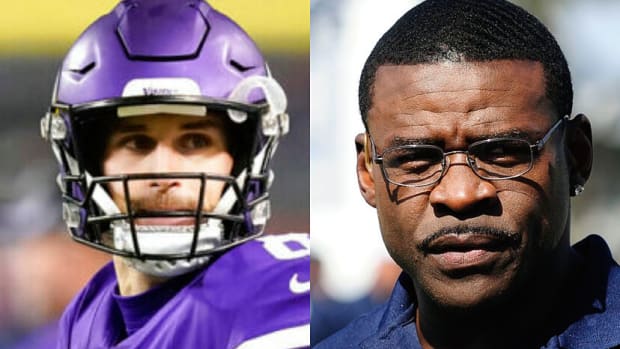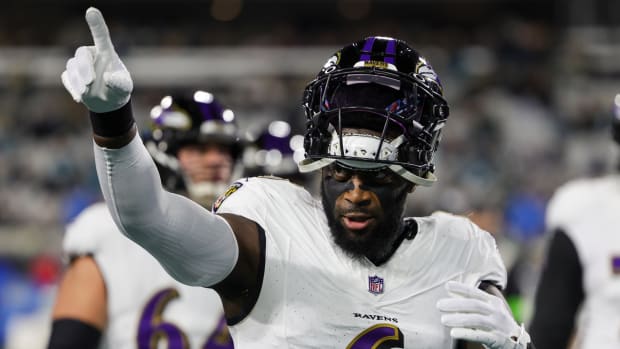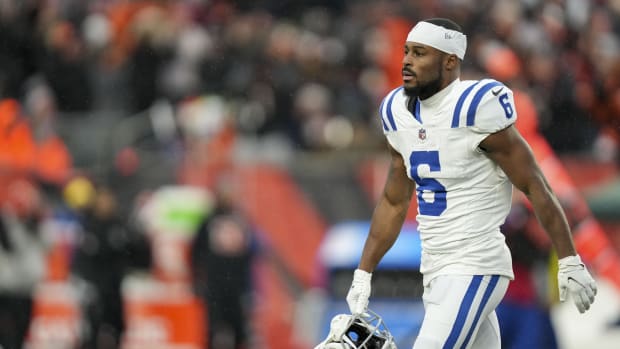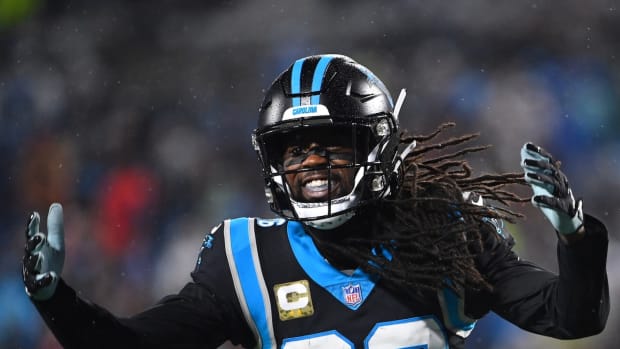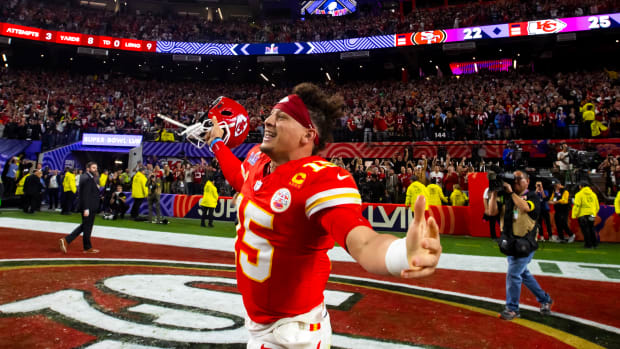Why Colin Kaepernick's Grievance Is Unlikely To Lead To the Termination of the CBA
According to multiple sources, free agent quarterback Colin Kaepernick has filed a grievance against the NFL for collusion. In March, I wrote a legal analysis of this scenario occurring and explained how it would work for Kaepernick and the NFL. The March article details the relevant procedures at play and how they are governed by the collective bargaining agreement. Yesterday, I wrote an update, detailing 16 key points.
Another update: According to Pro Football Weekly’s Mike Florio, a source with knowledge of the situation tells him that Kaepernick would like to use his grievance to terminate the CBA. It would be a jaw-dropping outcome for Kaepernick’s grievance to lead to the termination of the CBA, which is set to run through the 2020 season. It is also unlikely to happen.
Let me explain.
Under Article 17 of the CBA, the CBA can be terminated on account of collusion against one player if there is “clear and convincing evidence” that 14 or more teams colluded against that player. As discussed above, it could prove difficult for Kaepernick to establish that two or more teams colluded against him. For him to then prove that nearly half the league colluded against him seems even more challenging. Still, it would be possible with the requisite evidence.
But even if Kaepernick could show, with clear and convincing evidence, that 14 or more teams colluded against him, termination of the CBA would not be possible unless (1) the NFLPA is the party that brought the grievance; (2) the NFLPA informs the NFL and the system arbitrator that its intent is to terminate the CBA through the grievance; and (3) the arbitrator finds not only clear and convincing evidence of collusion against Kaepernick but that teams engaged in “willful collusion with the intent to restrain competition among teams.”
These hurdles would prove problematic for Kaepernick if he intends to terminate the CBA.
NFL 2017: A Mishmash of Mediocrity, Where No Team is Great, Some Are Good (and One is Perfectly Bad)
First, all reporting, as well as Geragos’ statement, indicate that Kaepernick, not the NFLPA, filed the collusion grievance. In fact, the NFLPA has said it learned about the grievance through the media.
Second, a decision to seek termination of the CBA would require complex and lengthy analysis for the NFLPA. Even if the NFLPA could terminate the CBA tomorrow, it might decline to do so. While the CBA is unpopular with players, it nonetheless provides stable workplace policies that ensure the playing of games—and the paying of players’ paychecks. Absent a CBA and a collective bargaining relationship, NFL rules impacting players’ wages, hours and other working conditions would be subject to antitrust lawsuits. The league and its owners would likely regard that possibility as untenable. In response, the NFL could lock out players. A lockout would mean players are not paid and cannot show up for work. The NFL also prevailed in lockout litigation back in 2011.
It seems unlikely the NFLPA would pursue termination of the CBA, particularly through the grievance proceeding of one player who apparently didn’t consult with the NFLPA before filing his grievance. Terminating the CBA in midstream would be a “nuclear option” for the NFLPA and one that poses uncertain fallout for players and their careers.
Michael McCann is SI’s legal analyst. He is also an attorney and the Associate Dean for Academic Affairs at the University of New Hampshire School of Law, and co-author with Ed O'Bannon of the forthcoming book Court Justice: The Inside Story of My Battle Against the NCAA and My Life in Basketball.
































